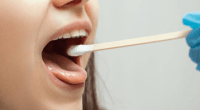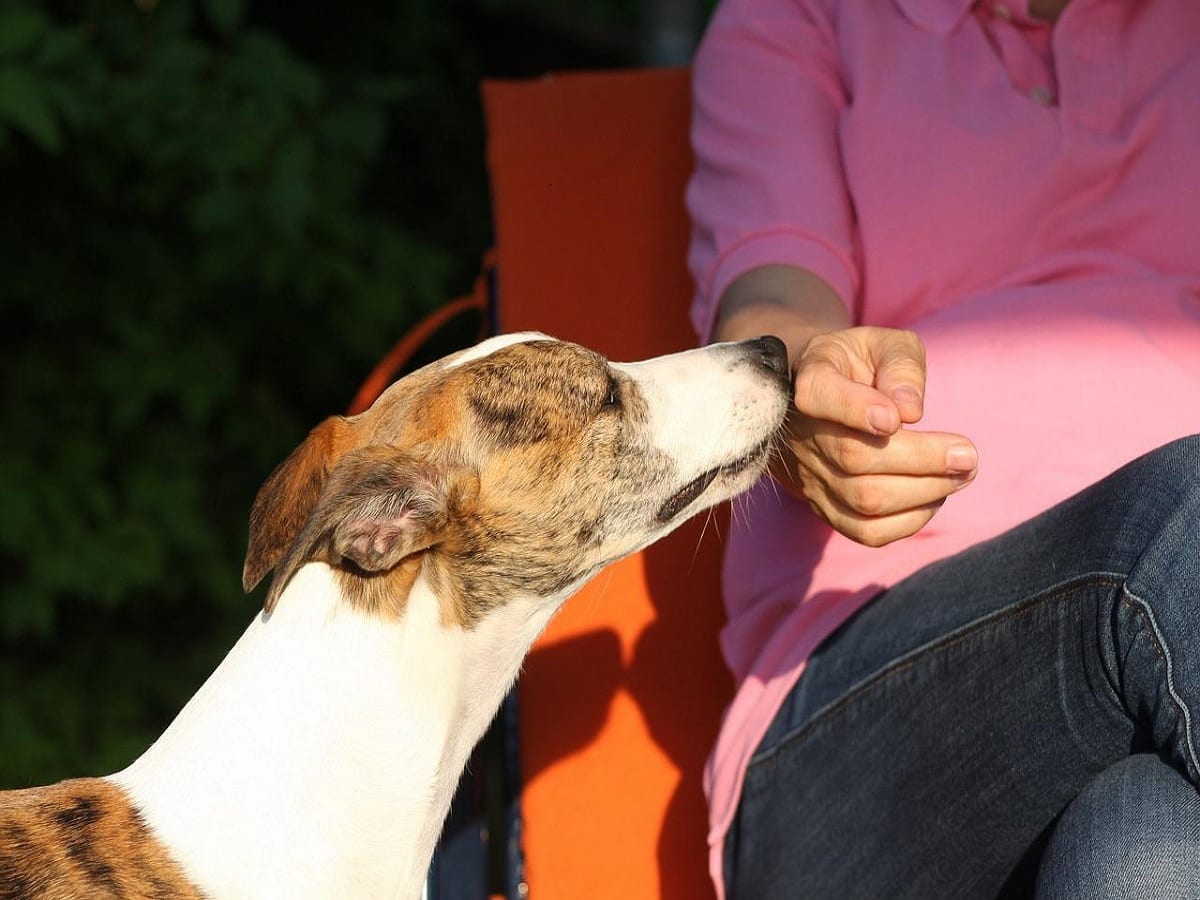“15 infections you can catch through kissing” Kissing is a common way to show affection or intimacy between couples, friends, and family members. However, kissing can also lead to the transmission of various infections, some of which can be serious. In this article, we will discuss 15 infections that you can catch through kissing.
15 infections you can catch through kissing
Cold Sores (Herpes Simplex Virus)
One of the most common infections that can be transmitted through kissing is cold sores caused by the herpes simplex virus (HSV). Cold sores are small, painful blisters that appear on or around the lips. HSV is highly contagious and can be transmitted through direct contact with the infected area or through saliva. While cold sores are not usually serious, they can be painful and may last for several weeks.
Mononucleosis (Epstein-Barr Virus)
Mononucleosis, also known as the kissing disease, is caused by the Epstein-Barr virus (EBV). The virus is spread through saliva and can be contracted through kissing, sharing utensils, or drinking from the same cup as someone with the infection. Symptoms of mono include fatigue, fever, sore throat, and swollen glands.
Cytomegalovirus (CMV)
Cytomegalovirus (CMV) is a virus that can be transmitted through saliva, blood, or other bodily fluids. CMV infections are often asymptomatic but can cause severe illness in people with weakened immune systems. CMV can also be passed from mother to child during pregnancy or breastfeeding.
Gingivitis
Gingivitis is a type of gum disease caused by bacteria in plaque buildup. While it is not typically transmitted through kissing, it can be passed from one person to another through shared toothbrushes or other dental instruments. Symptoms of gingivitis include bleeding gums, swollen gums, and bad breath.
Don’t Miss | Dental Deep Cleaning Alternatives: Everything You Need to Know
Meningitis
Meningitis is an infection of the lining of the brain and spinal cord. While it is not common, meningitis can be transmitted through kissing, particularly in college dormitory settings or other close living quarters. Symptoms of meningitis include fever, headache, and a stiff neck.
Influenza
Influenza, or the flu, is a highly contagious viral infection that is spread through droplets when an infected person coughs or sneezes. It can also be transmitted through kissing or touching contaminated surfaces. Symptoms of the flu include fever, cough, sore throat, body aches, and fatigue.
Hand, Foot, and Mouth Disease (HFMD)
Hand, foot, and mouth disease (HFMD) is a viral infection that is most common in children. It is spread through contact with fecal matter or respiratory secretions, including saliva. Symptoms of HFMD include fever, sore throat, and a rash on the hands, feet, and mouth.
Respiratory Syncytial Virus (RSV)
Respiratory syncytial virus (RSV) is a common cause of respiratory infections in infants and young children. It is spread through contact with respiratory secretions, including saliva. Symptoms of RSV include fever, cough, runny nose, and difficulty breathing.
Don’t Miss | Why Am I Coughing So Much But Not Sick? Understanding the Possible Causes
Strep Throat (Streptococcus)
Strep throat is a bacterial infection caused by Streptococcus bacteria. It is spread through contact with respiratory secretions, including saliva. Symptoms of strep throat include sore throat, fever, and swollen lymph nodes.
Mumps
Mumps is a viral infection that causes swelling of the salivary glands, as well as fever and muscle aches. It is spread through contact with respiratory secretions, including saliva. Mumps can be prevented by vaccination.
Syphilis
Syphilis is a sexually transmitted infection caused by the bacterium Treponema pallidum. It can also be transmitted through kissing, particularly if there are open sores or cuts in the mouth. Symptoms of syphilis include painless sores or ulcers, rash, and fever.
Hepatitis B
Hepatitis B is a viral infection that can cause liver damage and liver cancer. It is spread through contact with bodily fluids, including saliva. Hepatitis B can be prevented by vaccination.
Human Papillomavirus (HPV)
Human papillomavirus (HPV) is a sexually transmitted infection that can cause genital warts and certain types of cancer, including cervical cancer. It can also be transmitted through kissing. HPV can be prevented by vaccination.
Conclusion
Kissing can be a source of intimacy and affection, but it can also lead to the transmission of various infections. To reduce the risk of infection, it is important to practice good hygiene, avoid kissing if you or your partner have symptoms of an infection, and get vaccinated for infections such as hepatitis B and HPV.
FAQs
Can you get HIV from kissing? HIV cannot be transmitted through kissing.
Can you get the flu from kissing? The flu can be transmitted through kissing, particularly if one person has the virus and the other person has a weakened immune system.
Can you get herpes from kissing on the cheek? Herpes can be transmitted through skin-to-skin contact with an infected area, but it is unlikely to be transmitted through kissing on the cheek.
Can you get mono from kissing someone who doesn’t have symptoms? Yes, mono can be transmitted through saliva even if the person does not have symptoms.
Can you get HPV from kissing? Yes, HPV can be transmitted through kissing.









